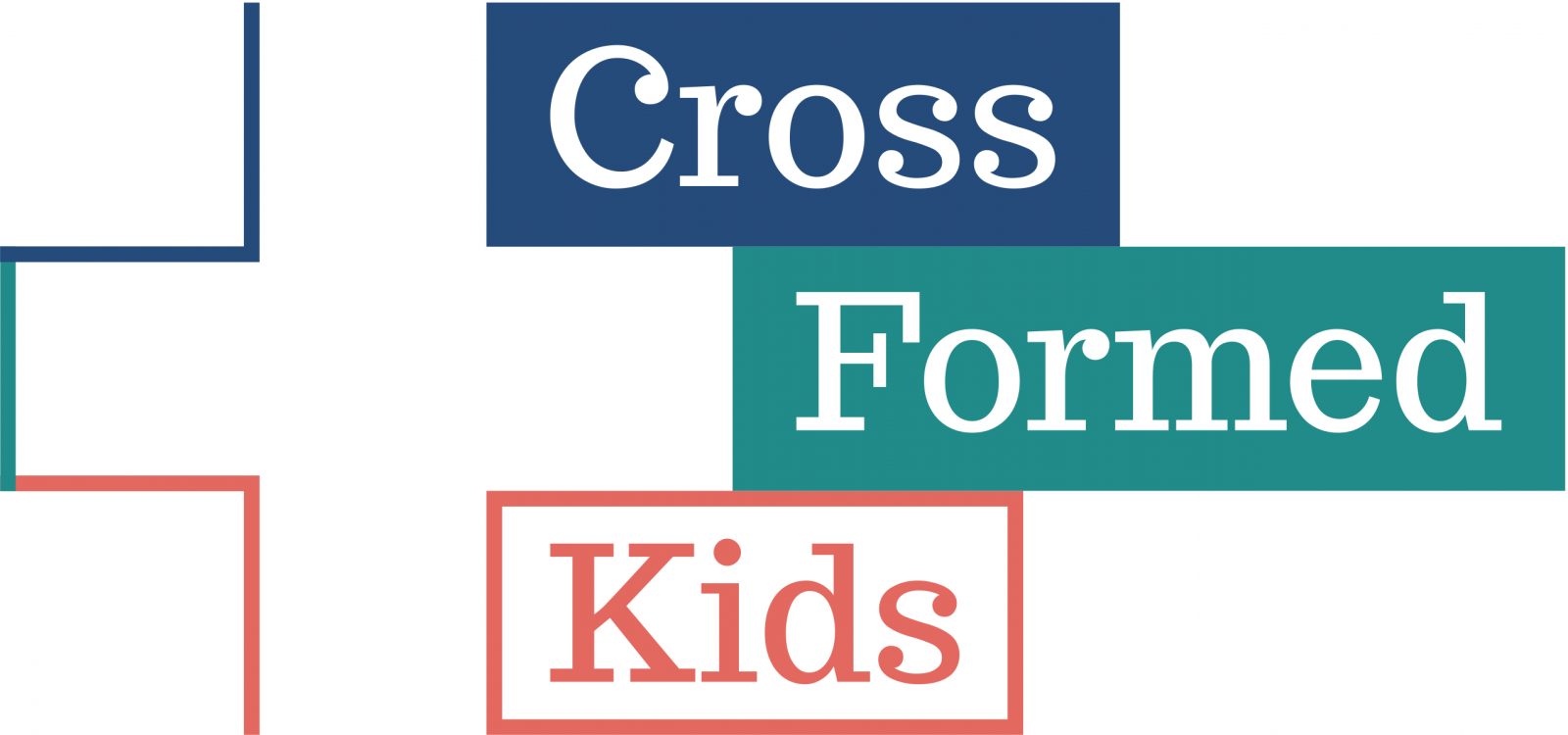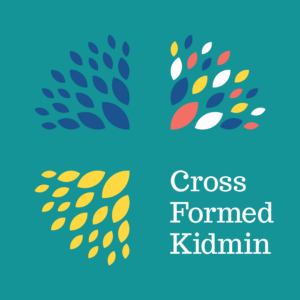Ask Your Kids For Forgiveness

Find This Helpful? Share It.
By Anne Kerhoulas
“We’ve all been there. You yelled at your kids because you felt overwhelmed. You were harsh with them for a mistake they made. You let your anxiety pour over them with high standards and little grace. Parenting is hard, and none of us are perfect.
And while we should strive to lead our children with love, to grow in patience, and to abide in the presence of God so that our emotions don’t dictate our actions, we will never be free from error. We will never love our kids perfectly and graciously all the time. And that’s ok.
What’s more important than pursuing perfection is living out the gospel. And one of the best, and most practical, ways we can do that is by asking for forgiveness.
Forgiveness Is the Power of God
“I’m sorry,” and “I forgive you” is no mere exchange of words or transaction to smooth over mistakes; it is the power of God at work to reconcile and restore broken relationships. Through the life, death, resurrection, and ascension of Jesus, we—sinners in need of a savior—have been reconciled to the Father. Reconciliation with the Father means we are forgiven and our relationship has been set right. This means that at the heart of what God is up to in the world is forgiveness. But even more, he calls us into it with him:
“But if you do not forgive others their sins, your Father will not forgive your sin” (Matt 6:15); “Bear with each other and forgive one another if any of you has a grievance against someone. Forgive as the Lord forgave you” (Col 3:13); “Be kind and compassionate to one another, forgiving each other, just as in Christ God forgave you”(Eph 4:23).
When we ask for forgiveness and forgive others, we are participating in the core of the Christian faith—forgiving others in the same manner that we have been forgiven. To ask your child for forgiveness, therefore, is to remember that you are a sinner, deeply in need of salvation, and the unworthy recipient of grace and forgiveness from the King of Kings.
When we ask for forgiveness, we teach them that we are sinful and in need of forgiveness just like them. We teach them that there is right and wrong, that there are certain ways we should and should not treat people based on how God has made us and His world. And most importantly, we teach them what they should do when, inevitably, they do something wrong and need to be forgiven. These are essential things for every child to learn, but asking for forgiveness also gives them the opportunity to participate in the gospel by practicing forgiveness.
Embodying The Bigger Story
When we confess our sin and ask for forgiveness from our kids, we are embodying the gospel for them. It is so easy for the things of God to remain distant from our hearts, but when we ask for forgiveness and give them the opportunity to forgive us, they experience first-hand what God has done for us in Christ.
In the story of the unforgiving servant, a servant is forgiven a debt that he could never in his entire lifetime pay off (Matt 18). But immediately, he goes and demands that someone who owes him a small debt pay it back. When we read that story our hearts turn as we wonder, how could he be so cold? He was forgiven everything, how then can he refuse to forgive someone else? This is the heart of the gospel. We are sinners who don’t deserve forgiveness, but it has been give to us through the death of Jesus. In response, we get to live lives of abundant grace, extending forgiveness because we have been forgiven much.
When we give our kids the opportunity to forgive us, they begin to participate in the story they were made for; where debts are canceled freely, relationships can be reconciled, and the power of God is greater than any wrong. It teaches them that we are humans just like them—imperfect sinners in need of forgiveness, but it also points them to a heavenly parent who will never sin against them.
The True Father
When my husband leads communion at our church, we begin with a confession of sin. But before we begin, he always reminds us that we can confess our sins honestly because we can be assured of the next portion of the service—the receiving of grace. When we know we will be forgiven, we confess in confidence and joy. Our sin doesn’t have to mark us with shame, it can be redeemed, healed, sanctified, and used for God’s glory.
When our kids see that we are sinners not so different from them—that even adults make mistakes and need to ask for forgiveness, and that it’s safe to do so—we teach them the safety and assurance of our Heavenly Father. When we are weak, we can tell our kids that God is strong; His love never wavers, He will never sin against us, and all His ways are steadfast love, faithfulness, and loving-kindness. “He does not deal with us according to our sins, nor repay us according to our iniquities…As a father shows compassion to his children, so the Lord shows compassion to those who fear him” (Ps 103:10-13).
This is the story we declare when we kneel before our kids admit we were wrong, and ask for their forgiveness. It gives them a taste of the beauty and power of the gospel. And sometimes all we need is a taste to be forever changed.
Anne Kerhoulas lives in Hendersonville, NC with her husband and twin daughters. Anne serves as the Content Editor for Cross Formed Kids. Find more of her writing on her blog, Daily Discipleship, or follow her on Instagram.
Further Reading:
Why Asking Your Kid For Forgiveness is the Best Parenting Tip
Find This Helpful? Share It.
Other Readings From Our Library

You Can Raise Christian Kids!
2/3 of kids leave the faith as soon as they leave the house. With Cross Formed Kids it’s never been simpler to lay the foundation for a lasting faith. After all, raising Christian kids is always a miracle, but it’s never an accident.



